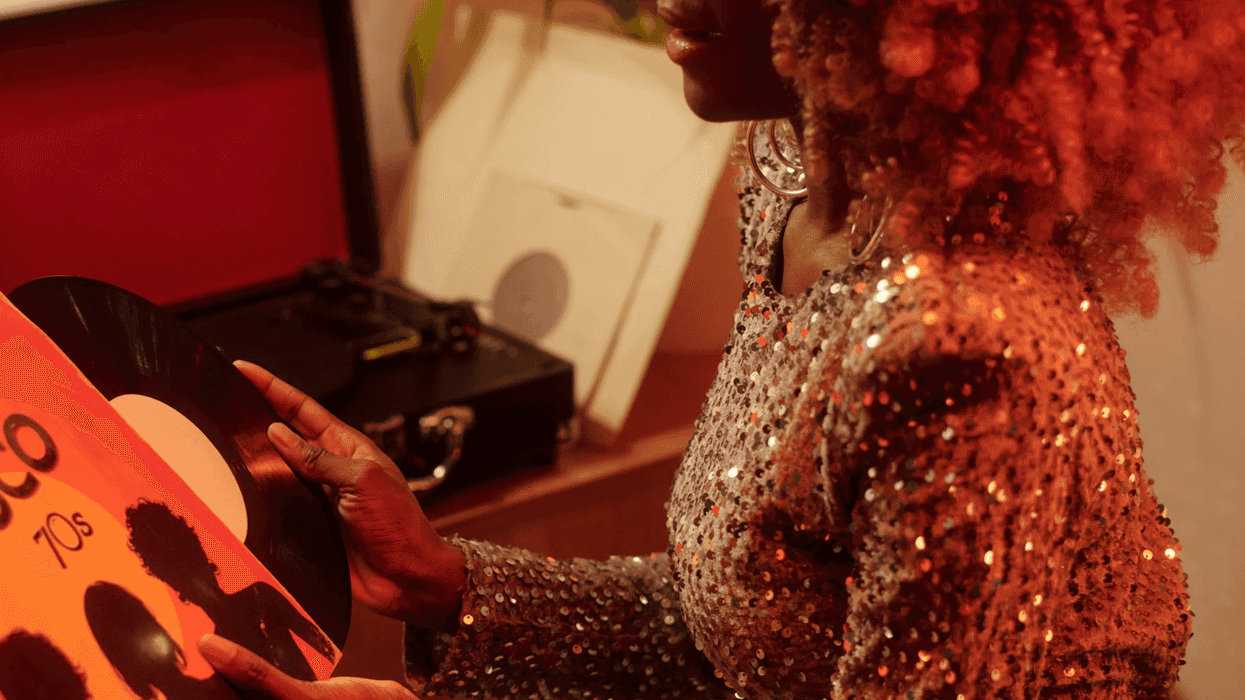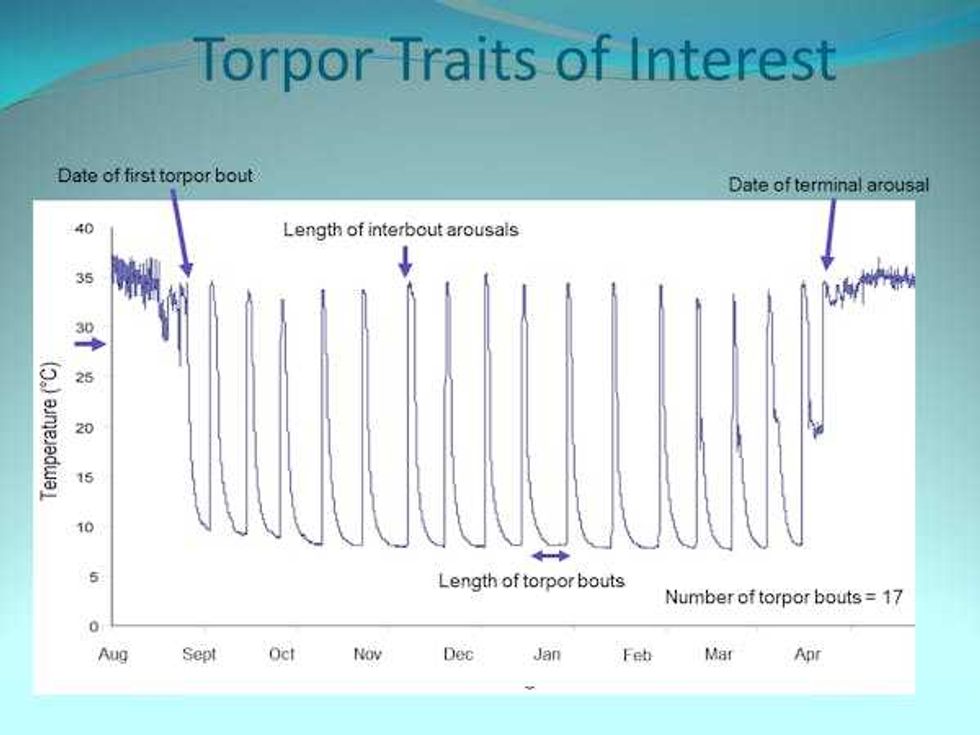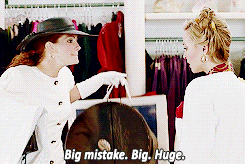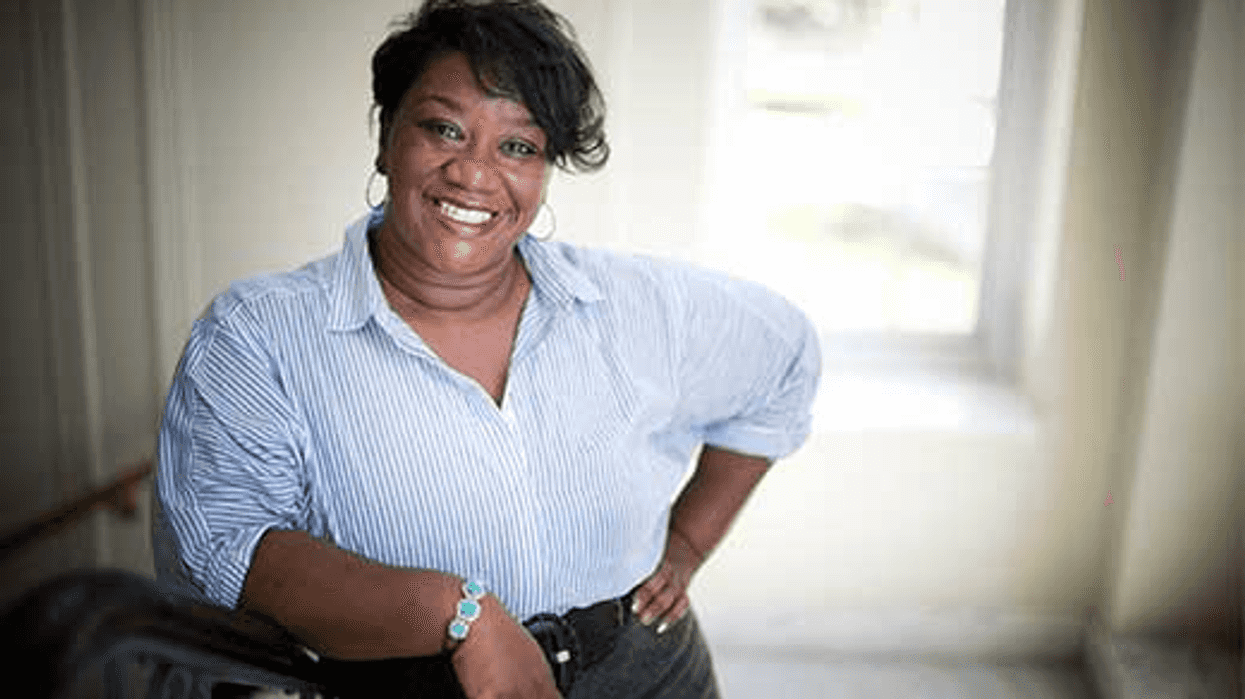My week had begun with very little energy and few expectations, and Seattle's cold weather spell had been doing work on me. I was standing at the stop for the route 7 bus, draped in a typical Monday's cynicism when I got an invitation to GOODFest (presented by Pixel, a phone by Google). A couple of text exchanges had turned what'd otherwise been an uneventful start to the week into a spontaneous night in the city.
After braving the cold, my friend and I were embraced by the intimate, mellow vibe Neumos is known for. There was a lively buzz around the bar area, with a reflection of "GOOD" cascading over the crowd. The energy was dope, and the room was littered by a medley of fashionable, beer-toting folks. My friend and I roamed a bit before finding a perching spot near the stage. Hollis, the host for the concert, got us going with vibrant energy before bringing Alicia Sanchez on for a few laughs. Sanchez held no punches during her wittingly self-aware tales of her childhood, from her one-ma'am-band whale watching club to her awkwardly creative retorts to bullies. I was into it, and the waves of chuckles around the venue suggested I wasn't the only one.
I was really excited to see the Seattle Rock Orchestra though. Any gang of badasses toting classical instruments is a juxtaposition worth listening to. Hollis joined the band onstage, along with a couple of handsome guys, to set a groovy bounce. I bobbed my head while playing around with the Pixel I was shooting on. Music venues are usually pretty challenging for mobile photography due to low light and the stark contrast between dark crowd scenes and neon stage lights. Unlike the iPhone camera, the Pixel gives you lots of controls and options to capture great shots without using external apps. There’s no lag time when launching the camera, which was the case with other camera apps I’ve used. The Pixel allows you to control exposure and focus really quickly, which is essential when shooting live performances.
We were all pretty excited for D.R.A.M. to hit the stage. You could feel the energy shift when he stepped out. The mood was high and vibe was thick. D.R.A.M. has an electric type of presence on stage, and the quick focus capability was clutch for capturing the liveliness of his performance. The Pixel performs like a pocket-sized HD video camera, too. The quality, especially when zooming is unparalleled. I was able to get some dope video of him engaging the crowd, as he flashed that smile that had the entire crowd swooning over bass-heavy tracks. I kept the camera locked in on the melodic rapper as he bobbed, weaved, and two-stepped around the stage. The carefree black boy joy was beautiful to experience. It was like he'd invited us all to a light-hearted house party. We danced, sipped, and vibed as if we'd known him personally. It's rare to find that kind of joy amongst strangers, especially in Seattle where the winter rains tends to keep us locked away in our cozy little cliques. It was a refreshingly unexpected turn for what'd begun as another mundane Monday. And I’ll be able to relive those moments in HD thanks to a solid performance by the Pixel.

















 What foods would you pick without diet culture telling you what to do?
What foods would you pick without diet culture telling you what to do?  Flexibility can help you adapt to – and enjoy – different food situations.
Flexibility can help you adapt to – and enjoy – different food situations.
 Female groundhog emerging from her burrow in late January.Stam Zervanos, Author provided
Female groundhog emerging from her burrow in late January.Stam Zervanos, Author provided This Maine groundhog had 17 torpor bouts where body temperature went up and down.Stam Zervanos, Author provided
This Maine groundhog had 17 torpor bouts where body temperature went up and down.Stam Zervanos, Author provided Male groundhog (on the right) greeting a female groundhog for the first time after they emerge from their separate burrows.Stam Zervanos, Author provided
Male groundhog (on the right) greeting a female groundhog for the first time after they emerge from their separate burrows.Stam Zervanos, Author provided
 A beluga whale frolicking in the oceanCanva
A beluga whale frolicking in the oceanCanva  A beluga whale pops up from the waterCanva
A beluga whale pops up from the waterCanva 

 A woman sits in a new car at a dealershipCanva
A woman sits in a new car at a dealershipCanva GIf from 'Pretty Woman' of Roberts saying "BIg mistake. Big. Huge." via
GIf from 'Pretty Woman' of Roberts saying "BIg mistake. Big. Huge." via 

 People voting. Photo credit:
People voting. Photo credit:  Young women rally. Photo credit:
Young women rally. Photo credit:  Tressie McMillan Cottom.Tressie McMillan Cottom/
Tressie McMillan Cottom.Tressie McMillan Cottom/